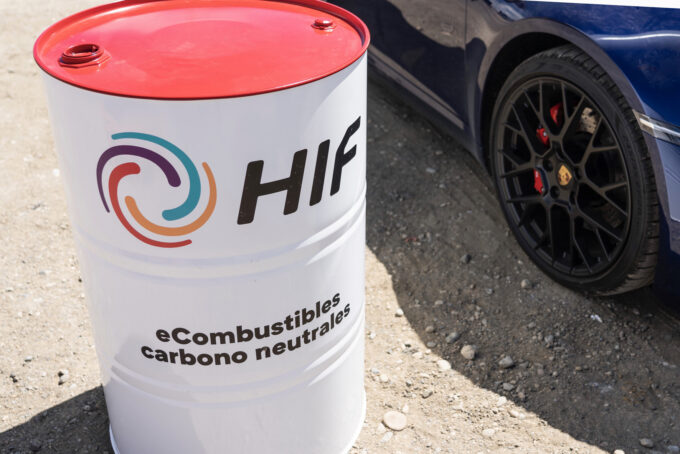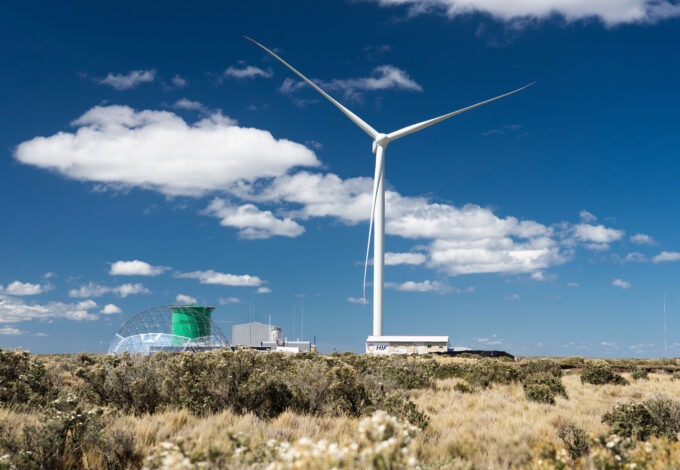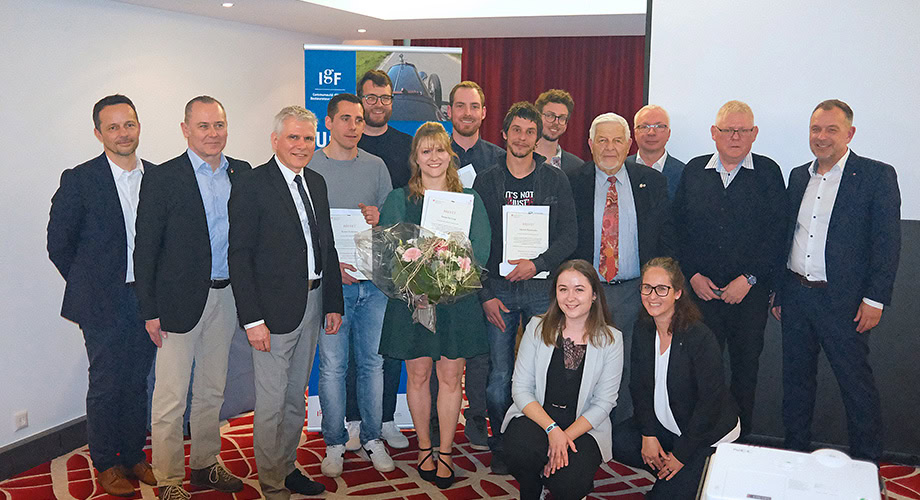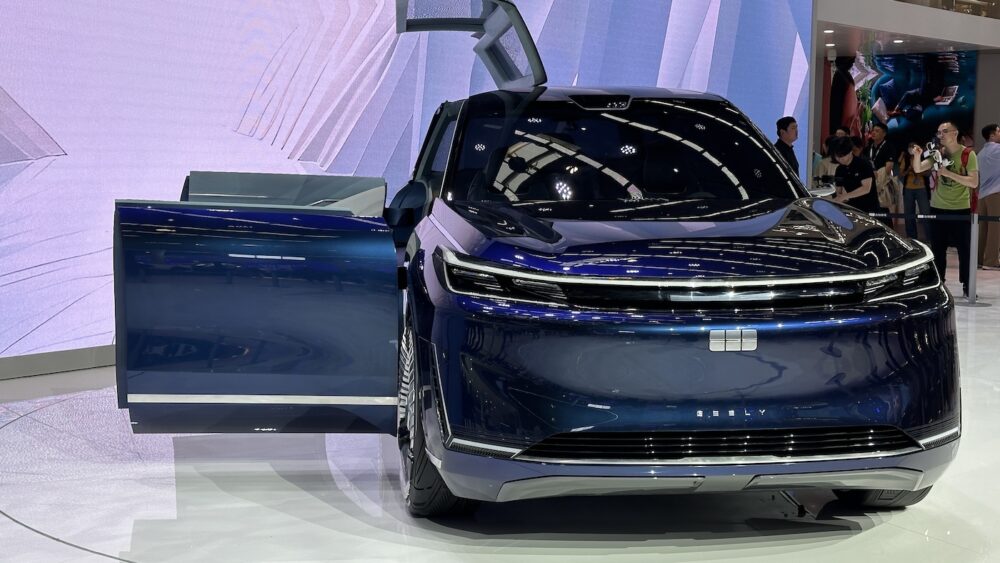Fuels: Turnaround with alternative energies
FUTURE The central topic of the International Vienna Motor Symposium was the energy transition in the automotive industry. In addition to the electrification of powertrains, this will also require hydrogen and e-fuels.
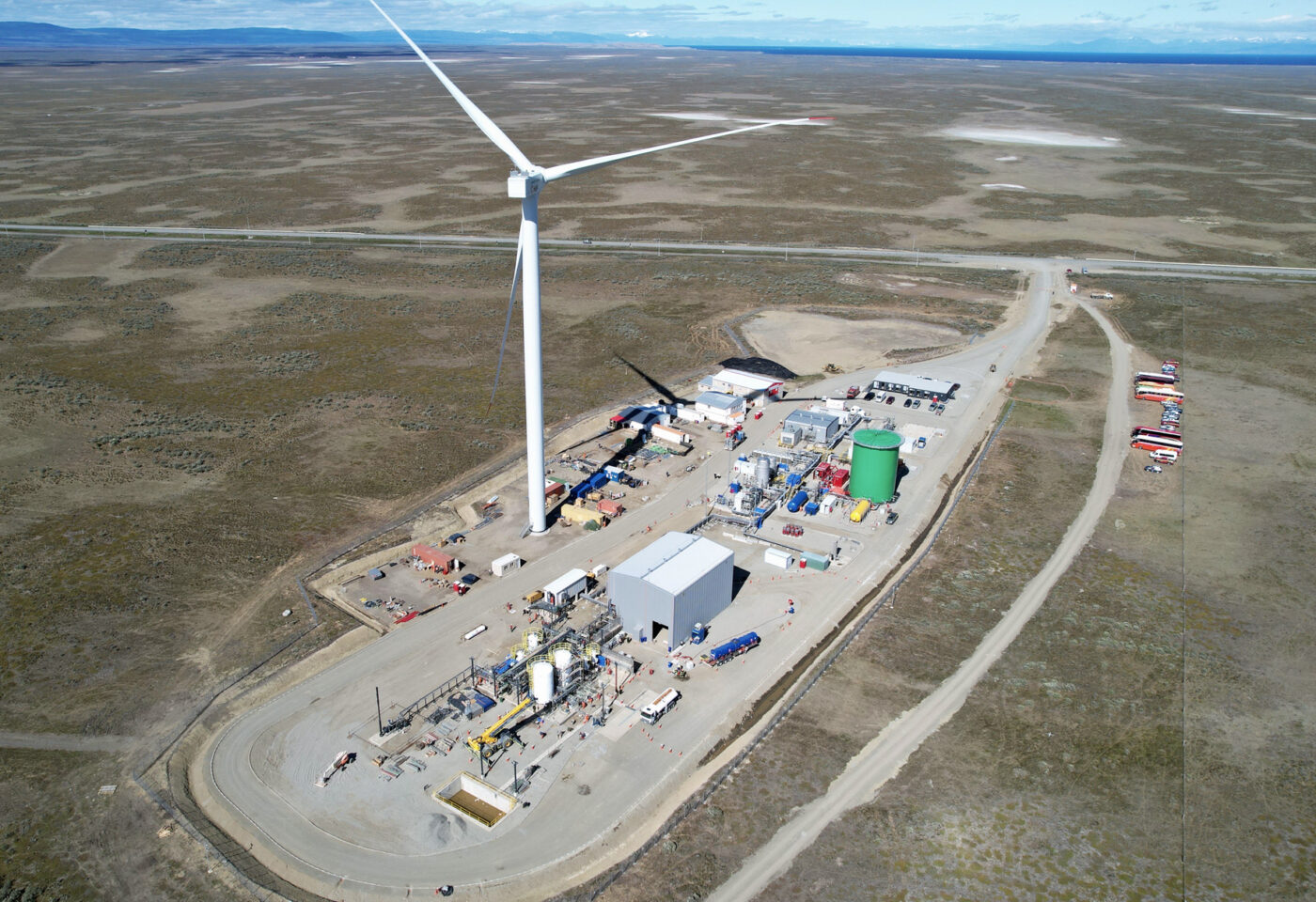
The topics of sustainability and CO2-neutrality represent a considerable challenge for the automotive industry. At the International Engine Symposium in Vienna, new developments in the fields of powertrain technology were presented in more than 80 papers to an audience of over 1,000 participants from all over the world.
Climate neutrality for old vehicles
Professor Bernhard Geringer, head of the Institute of Propulsion Systems and Automotive Engineering at the Vienna University of Technology and organizer of the symposium (center gallery): "All technological solutions for climate-neutral mobility must be considered. Not only new vehicles should be included in the climate consideration. The world's fleet of around 1.4 billion vehicles with internal combustion engines also needs a path to rapid climate neutrality. Here, e-fuels are an ideal solution because they can be used immediately."
Use of electricity-based drives
Thorsten Herdan of HIF Global also sees great potential for synthetic fuels, such as those already being produced at the Haru Oni demonstration plant in Chile, led by Porsche and Siemens. Mass production and widespread availability of e-fuels is expected from 2026.
HIF Global plans to deploy approximately $50 billion in capital to develop, build and operate facilities around the world that will produce approximately 150,000 barrels of synthetic fuels per day to defossilize more than five million vehicles (gallery at left).
In a techno-economic study, the companies Concawe and Aramco analyzed a number of e-fuels paths. Representatives of these companies also spoke in Vienna in favor of the early use of the electricity-based fuels, which are expected to play an important role in the defossilization of the transport sector.
Climate footprint like a green electricity vehicle
Bernhard Geringer: "It is wrong to assume that electric vehicles alone are the answer when it comes to sustainable transformation. There are other solutions. A fuel cell drive or an internal combustion engine powered by e-fuels made from green hydrogen has a similar climate footprint as a green power vehicle."







